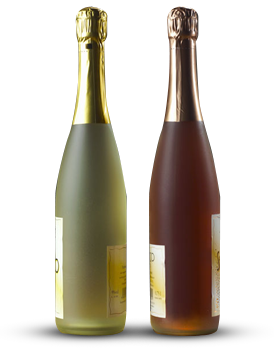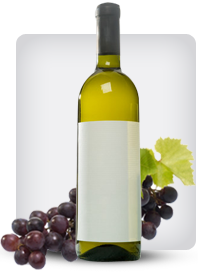

Tag: Indulgence
Vegan Zinfandel in 2025: A Guide to Conscious Indulgence
Posted onThe world of wine is evolving, and so is the consciousness of the modern consumer. As we move into 2025, the demand for vegan-friendly wines continues to surge, and Zinfandel, with its bold, fruit-forward character, is at the forefront of this movement. For those who follow a vegan lifestyle, enjoying a glass of wine requires a little more scrutiny, as many traditional winemaking practices use animal-derived fining agents. This guide will navigate the landscape of Vegan Zinfandel in 2025, highlighting top producers, key trends, and what to look for on the label.
Why Isn’t All Wine Vegan?
It’s a common misconception that wine is simply fermented grape juice. In the fining process—used to clarify and stabilize wine—producers have historically used agents like egg whites, casein (milk protein), isinglass (fish bladder), and gelatin. These substances bind to unwanted particles and are removed, but trace residues may remain, making the wine non-vegan. Vegan winemakers, however, use mineral or plant-based fining agents such as bentonite clay, activated charcoal, or pea protein, ensuring a completely animal-product-free result.
Top Vegan Zinfandel Producers to Watch in 2025
- Ridge Vineyards: A legendary name in Zinfandel, Ridge has been increasingly transparent about its vegan practices. Many of their iconic single-vineyard Zins, like Lytton Springs and Geyserville, are now certified vegan or made with vegan-friendly methods. Their commitment to minimal intervention makes them a top choice.
- Broc Cellars: This Berkeley-based natural winery is a darling of the conscious wine movement. Their “Love Red” and single-vineyard Zinfandels are not only vegan but also made with organic grapes and native yeasts, resulting in vibrant, lively expressions of the grape.
- Bedrock Wine Co.: Morgan Twain-Peterson is renowned for sourcing fruit from ancient, heritage Zinfandel vineyards. A significant portion of his wines are unfined and unfiltered, making them naturally vegan by default and full of authentic, old-vine character.
- Seghesio Family Vineyards: A pillar of Sonoma County Zinfandel, Seghesio has made a concerted effort to clarify its fining processes. Their popular Sonoma County Zinfandel is now consistently produced using vegan methods, offering a classic, reliable, and accessible option.
This year, the vegan wine market is defined by two key trends:
- Blockchain & QR Codes: More wineries are adopting smart labels. By scanning a QR code, you can access a full production history, including fining agent details, directly from the bottle. This level of transparency builds immense trust with vegan consumers.
- The Rise of “Unfined & Unfiltered”: A growing segment of winemakers, especially in the natural wine sphere, are skipping the fining process altogether. These wines may have a slight haze, but they offer a purer, unadulterated expression of the Zinfandel grape and are inherently vegan.
How to Identify a Vegan Zinfandel
Navigating the wine aisle is becoming easier. Look for the following on the label:
- Vegan Certification: Logos from organizations like Vegan Action (Certified Vegan) or The Vegan Society are the most reliable indicators.
- Producer Websites: Most modern wineries have detailed technical sheets and FAQs on their websites that specify fining agents.
- Ask a Specialist: Don’t hesitate to ask your local wine merchant or sommelier. Their knowledge is an invaluable resource.
A Future of Flavor and Ethics
The world of Vegan Zinfandel in 2025 is rich, diverse, and more accessible than ever. It proves that you do not have to compromise on flavor, complexity, or tradition to align your choices with your values. From the robust, age-worthy bottles of Ridge to the glou-glou delights of natural wine producers, there is a vegan Zinfandel for every palate and occasion. Cheers to a future of conscious, and delicious, indulgence.
popular posts
-

How to Pair Syrah with Lamb: A Culinary Guide The rich, savory depth of a perfectly cooked lamb dish finds one of its most celebrated and natural partners in a glass of Syrah
2-07 2026This robust red wine, known for its dark fruit, peppery spice, and often smoky character, possesses the structure and flavor intensity to complement lamb’s Read More
-

Aging Potential of Premium Malbec: Unlocking the Elegance of Time For many wine enthusiasts, Malbec is synonymous with a bold, fruit-forward glass meant for immediate enjoyment
2-06 2026This perception, largely shaped by its phenomenal success as Argentina’s flagship variety, often overshadows a more profound truth: premium Malbec possesses a remarkable and Read More

